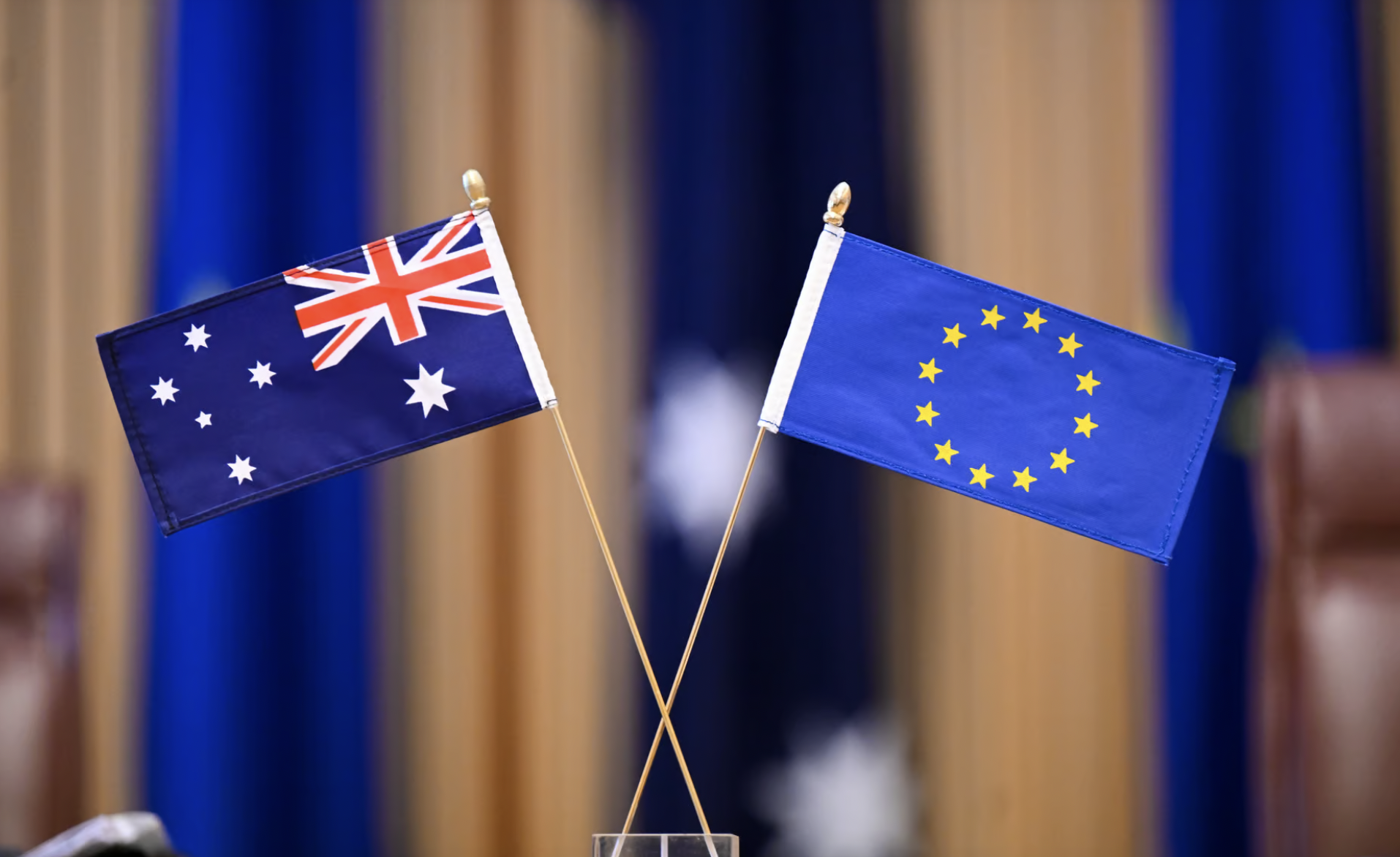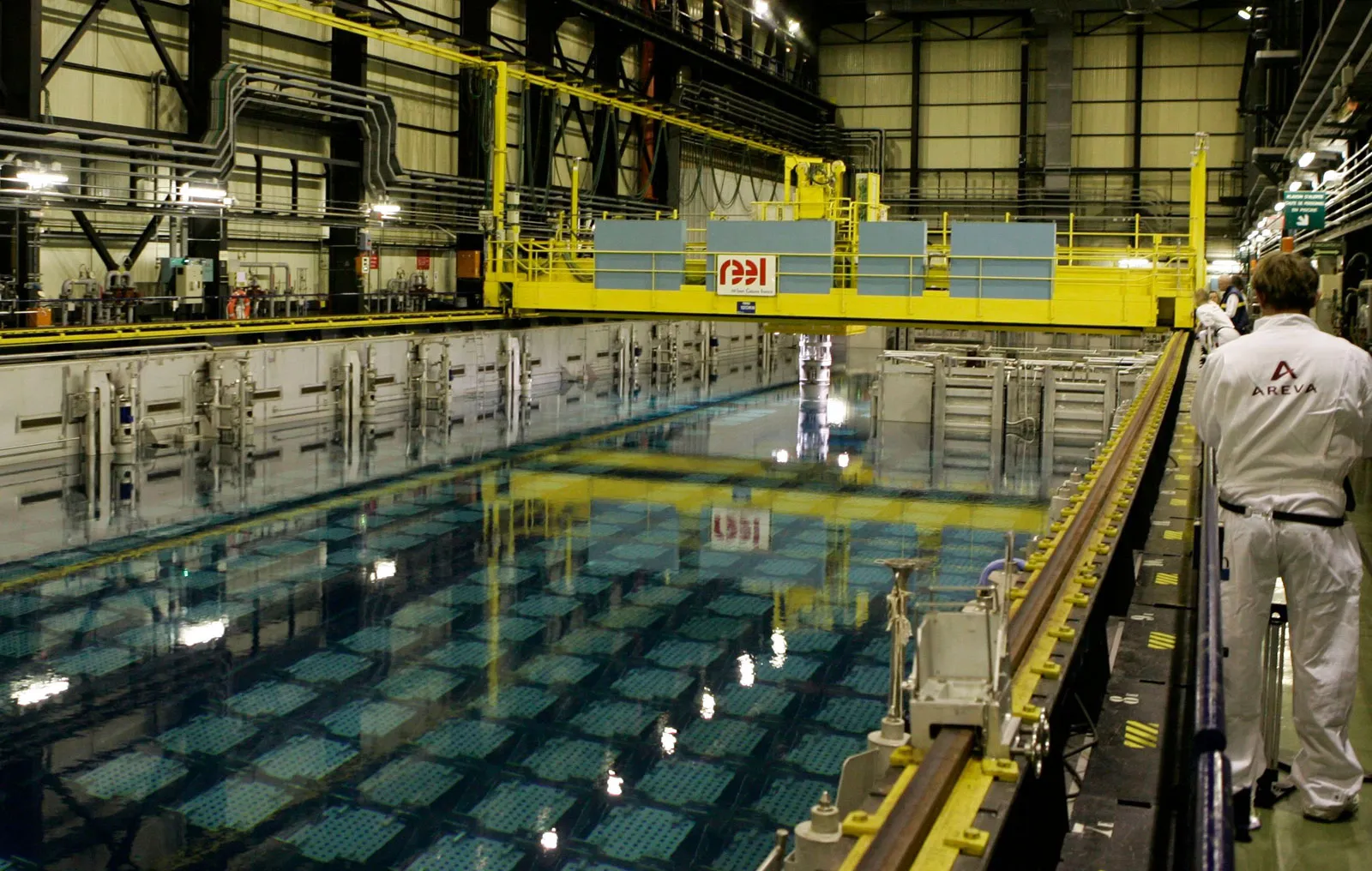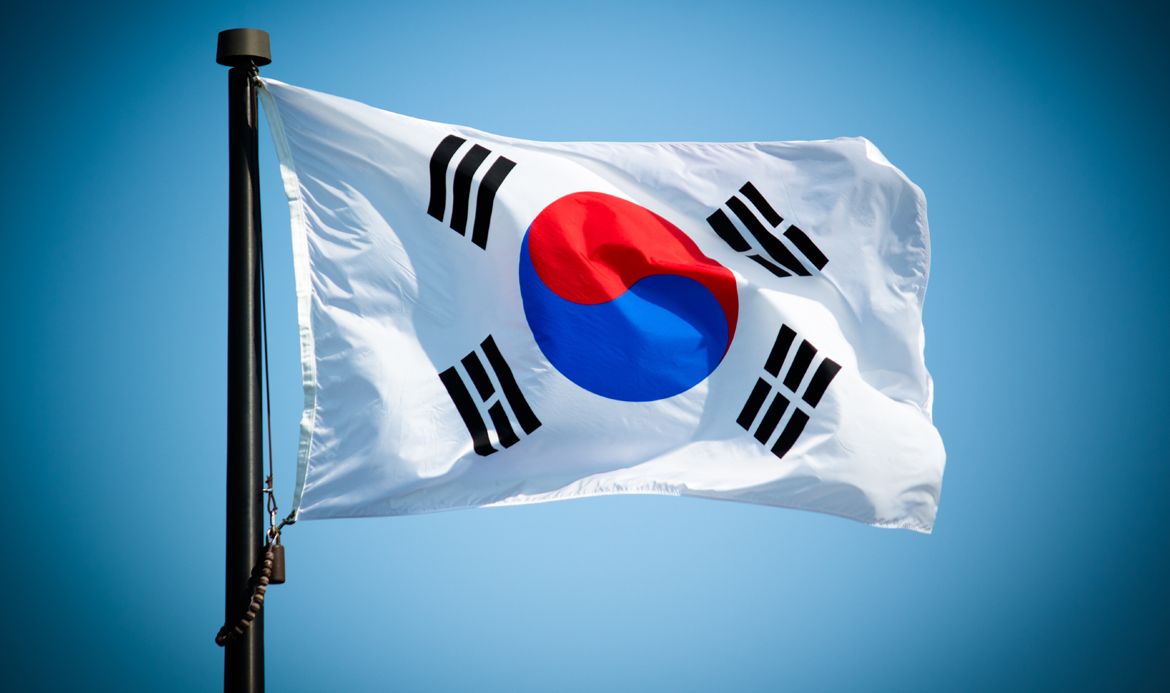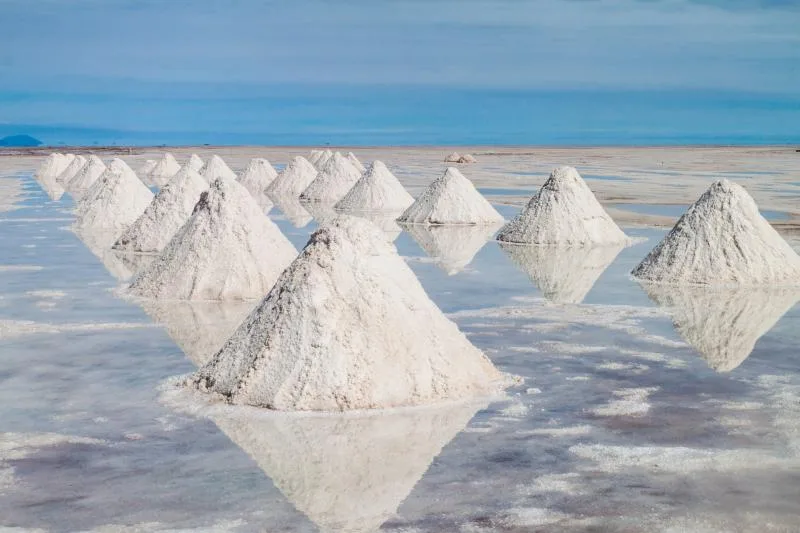-The EU is 20+ years behind China on Critical Minerals Supply and Manufacturing
-Australia is playing hard to get as EU scrambles for critical minerals.
-European car makers are desperate for cheap lithium and other battery metals to compete with China.
-Critical Minera Supply from Australia Key to Decarbonisation Efforts.
“I hope that the EU can understand that and perhaps show some greater respect for the Australian resources sector,” Australian Resources Minister Madeleine King told reporters this week.
Australia is playing hard-to-get as the European Union and member states scramble to secure the critical minerals needed for decarbonisation.
The EU wants a wide-ranging free trade agreement with Australia, a nation rich in natural resources critical to renewable energy technology, electrification, batteries and energy.
While most of the conversation has been disagreements over agriculture, critical minerals supply is shaping to be key to a free-trade agreement.
Australian delegations have been busy in Berlin, Brussels, Paris and London in recent weeks, working to secure a deal, the AFR reports.
EU Way Behind
The EU, however, is “twenty years behind” on critical minerals compared to Australia’s major trading partner China, the Minister said.
European car manufacturers and their leaders are struggling to compete with China, with carmakers there squeezing down the costs of new electric cars.
The EU has recently opened up an anti-dumping investigation to try and protect bloc manufacturers.
However, Australia has fired a warning shot at the EU, saying Europe must consider investing in Australian mining companies to secure supply.
Big American and Asian car manufacturers already have long-term offtake agreements locked in for several Aussie lithium miners, including Pilbara Minerals (PLS), Core Lithium (CXO), Liontown Resources (LTR) and MinRest (MIN).
European car makers are lacking in their efforts to invest in Australian mines, the Australian government argues.
“It’s not a model European industry is used to but it’s the model everyone else is applying in the Australian context,” she said, mentioning US, Japanese and Chinese investment in Australian resources, King is quoted as saying in Brussels this week.
Australia exports most lithium directly to China, where the material is processed and used to create batteries.
China, meanwhile, is looking to lock down the supply of critical minerals and earlier this year banned the export of gallium and germanium – critical in semiconductors.
The EU released a strategy in March 2023, the ‘Critical Raw Materials Act (CRMA)’ to turbocharge critical minerals supply chains. The strategy focuses on minerals needed for decarbonisation technology, like EVs and big batteries, wind and solar.
“While demand for critical raw materials is projected to increase drastically, Europe heavily relies on imports, often from quasi-monopolistic third-country suppliers,” the European Commission said at the time.
“The EU needs to mitigate the risks for supply chains related to such strategic dependencies to enhance its economic resilience, as highlighted by shortages in the aftermath of COVID-19 and the energy crisis following Russia’s invasion of Ukraine. This can put at risk the EU’s efforts to meet its climate and digital objectives.”
France on Australian Charm Offensive
Meanwhile, the French government has been working to woo Australian policymakers and government leadership.
Paris and Canberra this week signed a pact to cooperate on critical minerals in the years ahead.
The pact includes a ‘study’ to “accelerate a joint study on how they could “overcome obstacles to secure, stable supply chains for critical minerals”.”
Australia in the Box Seat
However, the EU may want to have its cake and eat it too.
The negotiations want a Chile-style clause in the Australian agreement that would mean Aussies couldn’t set domestic prices lower than agreed export prices to the EU.
The clause states, “a party shall not impose a higher price for exports of energy goods or raw materials to the other party than the price charged for such a good when destined for the domestic market,” the EU-Chile FTA says, in a chapter entitled “energy and raw materials”.
The Minister baulked at this suggestion.
If the EU wants to diversify away from China for minerals and keep costs lower to compete in EV manufacturing, the trade negotiations are a crucial step in the right direction. Australia and Australian mining is in a position of great strength.
That might also explain why Australian iron ore billionaires have spent hundreds of millions investing in lithium and other critical minerals miners in recent months.
Australia’s Iron Ore Billionaires Become Lithium Barons






